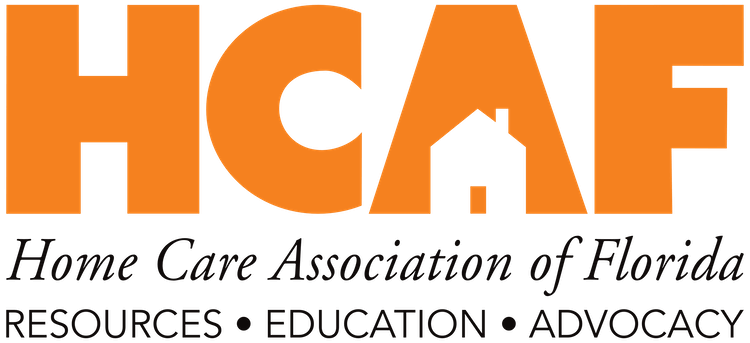AHCA Introduces Flexibility in Home Health Aide Training Requirements

AHCA Introduces Flexibility in Home Health Aide Training Requirements
On May 28, the Agency for Health Care Administration (AHCA) issued a Notice of Change/Withdrawal for Rule 59A-8.0099, introducing a significant modification to the clinical competency training requirements for the Home Health Aide for Medically Fragile Children program. This update allows the use of "pseudo-patients" in training scenarios where actual patients do not exhibit all the conditions covered in the curriculum.
Revised Section (3)(c):
The original rule required 16 hours of clinical competency training and validation to be conducted on-site with an actual patient under the supervision of a qualified registered nurse. The revised rule now states:
"A pseudo-patient may be used for training procedures related to conditions that the relative needing care may not exhibit."
This change ensures that home health aides can complete their training comprehensively, demonstrating and being validated on all required competencies. This adjustment promotes thorough preparation and higher quality care, even if the actual patient does not present all necessary training conditions.
Background on Rule 59A-8.0099
On April 5, AHCA proposed Rule 59A-8.0099 to implement provisions from HB 391, passed by the Florida Legislature in 2023. The rule establishes minimum training requirements for the Home Health Aide for Medically Fragile Children program, including:
- Training Curriculum: 86 hours of instruction divided into theoretical, skills, and clinical competency sections.
- Documentation and Supervision: Requirements for documenting training and ensuring aides are supervised by registered nurses.
- Data Reporting: Requirements for home health agencies to report data.
By allowing the use of pseudo-patients, the revised rule ensures aides can demonstrate and be validated on all required competencies, promoting thorough preparation and higher quality care. Home health agencies will need to provide pseudo-patients or simulations, such as mannequins, actors, or other techniques, to cover the full spectrum of training requirements. Agencies must document the use of pseudo-patients in the training process and ensure these simulations are supervised by a qualified registered nurse, maintaining the integrity and rigor of the training program.
This adjustment aligns with the overall goal of the rule to ensure home health aides are well-trained and capable of handling the diverse needs of medically fragile children. While agencies might need to invest in additional training resources or simulation equipment, this change could facilitate more efficient training processes, allowing aides to gain confidence and competence in a wide range of caregiving scenarios.
AHCA communicated during the latest rulemaking workshop held on April 29 that the rule's finalization is anticipated by July. HCAF will continue to monitor the process and promptly update members on any developments.
